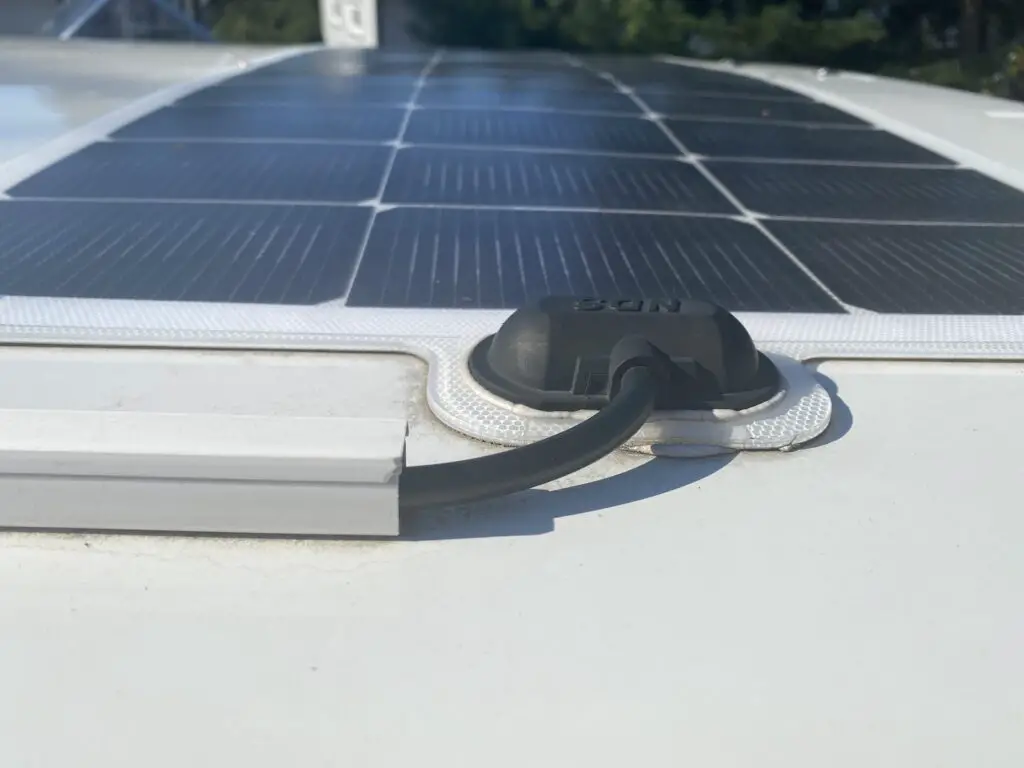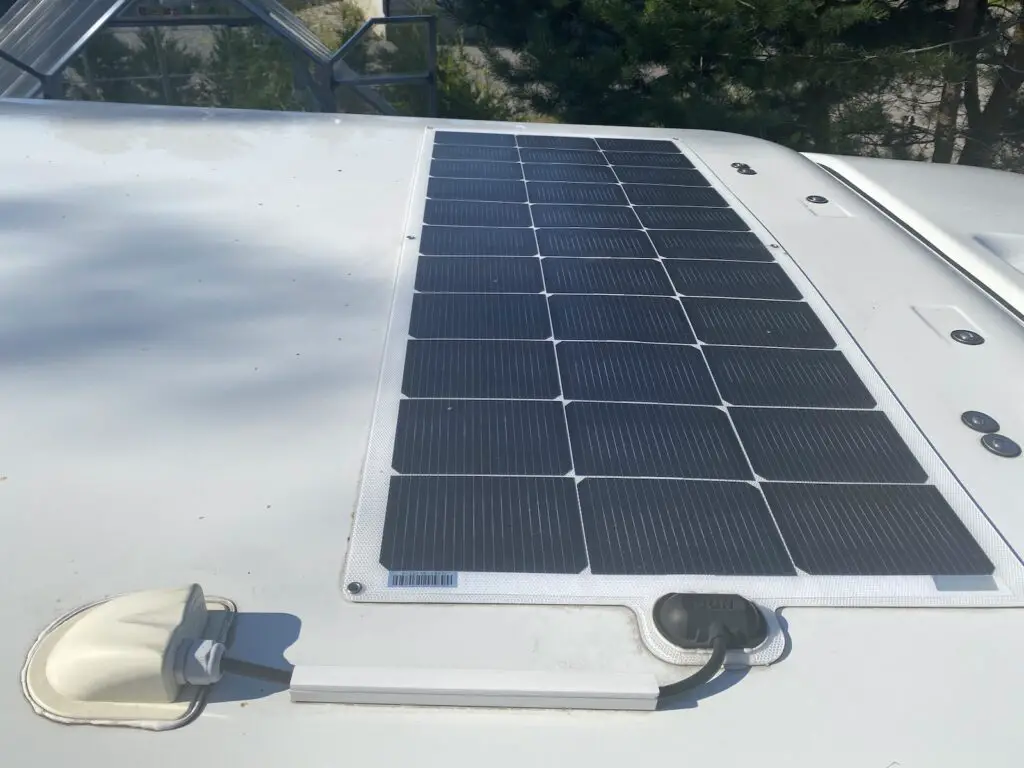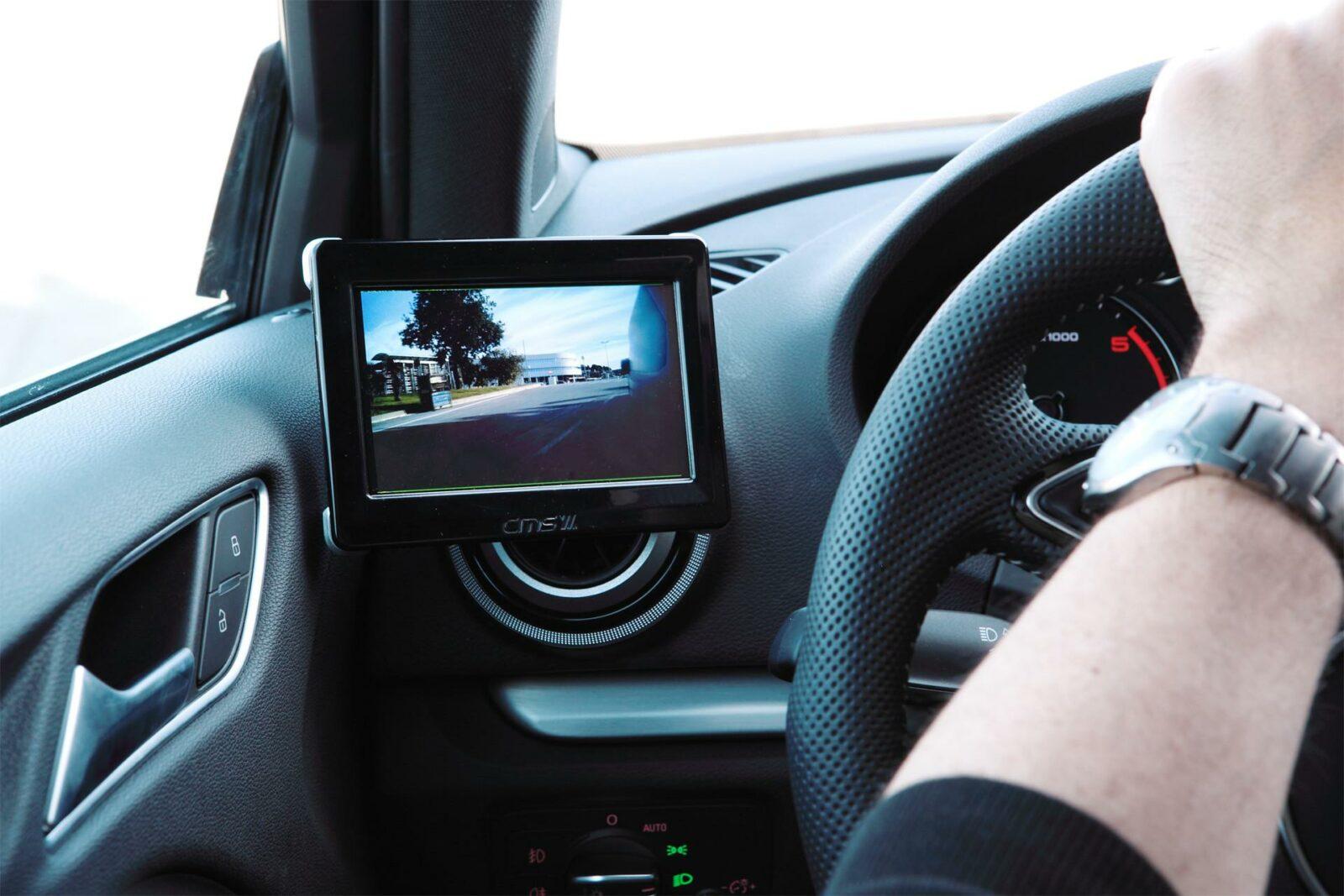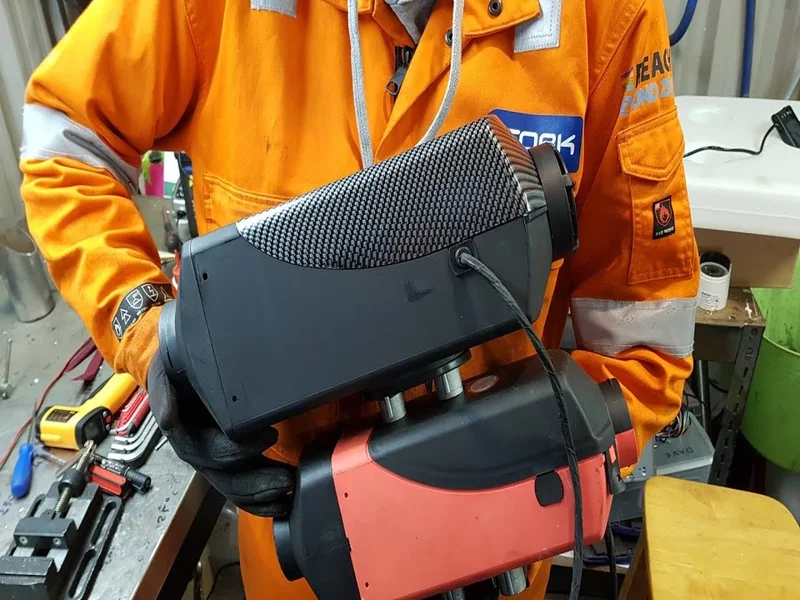Have a touring caravan that you want to take to a faraway place? Chances are that that particular location is cut off the grid. You won’t hence be in the position to connect it with the mains electricity power supply as is the norm with the normal homes and other permanent installations.
For the purpose of supplying power to your vehicle, you will need to tap into the solar panels for touring caravans. Unlike the mains electricity power sources, these derive their power from solar energy and may hence be used in areas that are cut off from the mainstream.
Our discussions below endeavor to shed more light on the subject.

Types of Solar Panels
There are two main kinds of solar panels for touring caravans. We explain them hereunder:
- Thin-film PV panels – These come in the forms of a thin layer of semiconductor materials that are sprayed onto some other surface. They are cheaper and subsequently used for basic applications.
- Crystalline panels – Are the most effective and comprise a series of single silicon crystals that are bundled together. They are subsequently more expensive and are useful for more enduring applications.
We installed a thin-film PV panel as the roof of our Eriba Troll 530 caravan is uneven. Flexible material allows to repeat the bend of the roof and reduce the air resistance of a moving caravan and make the solar panel less visible from the level of the ground and keep a nice vintage look.

The Capacity
While seeking a panel for the job, you have to factor in the kinds of electronics you have and how long you intend to dedicate the panel for the task of providing power. Generally, huge energy consumers like refrigerators and air fryers tend to demand panels whose capacities are larger.
The power output of solar panels
Most solar panels for touring caravans are rated 20-60W. This is sufficiently large to provide the necessary lighting and electrical energy require to recharge the laptops and many common electrical gadgets you have. You have to match the power output you desire with the capacity of the solar panel you have in mind.
Batteries
In the absence of solar power, these panels may be recharged by the use of batteries. To do this, you have to acquire many batteries and connect them in series after which you are to attach the panel to the connection. You may also use the panels to recharge the batteries. This is given that most batteries are rated 12V while most panels can generate 20V of electrical energy.
Applications and benefits of solar panels
You will find these panels useful in and for the following circumstances or purposes:
- Remoteness – These items come in handy in remote areas that are typically cut off from the mains electricity supply or the national grid. Such areas are mainly found in the detached campsites that are generally far away from the urban or built-up areas. That is because they rely not on the national grid.
- Charging camping electronics – You will devote the panels to the task of charging your camping electronics like trackers, alarms, laptops, and smartphones. The power supply they provide is sufficiently capable of upping the voltage levels of the batteries of these gadgets considerably. These panels are also less likely to overcharge the gadgets.
- Lighting – Of course, no camping session is complete without the provision of adequate lighting. And for that purpose, you will rely extensively on the panels as they are capable of providing the voltage necessary to power the gadgets. Unlike the mains electricity, you won’t have to suffer power cuts and utility expenses with these panels.
- Backup – Even if your camping area is closer to the mains electricity supply, you may still make do with the solar panels to back up your supply to cater for those times that the mains power supply may be cut off. You desperately need them if your camping undertaking must have a round-the-clock supply of power.
- General power needs – Other than charging your electronic equipment, these panels may also serve the task of providing general power needs for you. You may rely on them to power your electronics, heaters, and other vital camping equipment you may have at your campsite. All these, at no extra cost on your part.
Maintenance
Needless to say, these items have to be maintained regularly to ensure unparalleled use when called upon. Below are some of the common maintenance practices to look up to:
Clean the panels regularly
You should clean the solar panels regularly. This should happen no less than once in six months. The purpose of the cleaning is to get rid of the debris and other forms of dirt that may overlay the panels to prohibit the penetration of the sun. Use a combination of dust blowers and a brush to do this job.
Using a caravan cover helps to protect your solar panel during the winter when you are not actively traveling as well as from the weather and sun damages during summer.
Replace and upgrade parts and components
Next to the above, is the fact that you ought to replace and upgrade parts and components. Of these, the inverter stands out. You ought to replace it at least once in 15 years if there be any hope that the panel will work well and produce the electrical energy unhindered.
Expose the panels to the sun
At all times, you should see to it that the solar panels are exposed to the sun. Get rid of any overhanging twigs and leaves that may overshadow the panels. You might have to alter the positions of the panels on the roof just so you have this job done well and to perfection.
Lifespan
The average lifespan of most solar panels is around 25-30 years, but thin-film PV panels may last less and might require replacement after 10-15 years. Technologies used in production get improved and new models are promised to last over 15 years.
This does not mean that they cannot produce electricity beyond this time interval. It is just that their electrical production dips below that which may be considered economically viable. You might have to purchase a brand new one in its stead.
Conclusion
We have come a long way insofar as belaboring all you might need to know about the solar panels for touring caravans are concerned. How about you now forging ahead to make an appropriate purchase of these gadgets from the stores nearby you?
To find the best gadget, consider the brand, the power output capacity, your own power needs, and the sum total duration of time you may need to make use of them. For the best deals, you have to compare the prices of the many dealers around and settle for the cheapest.








